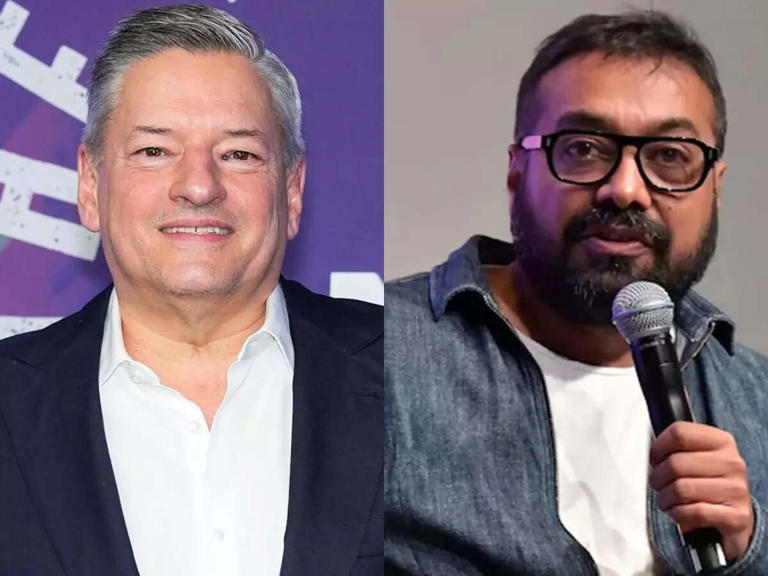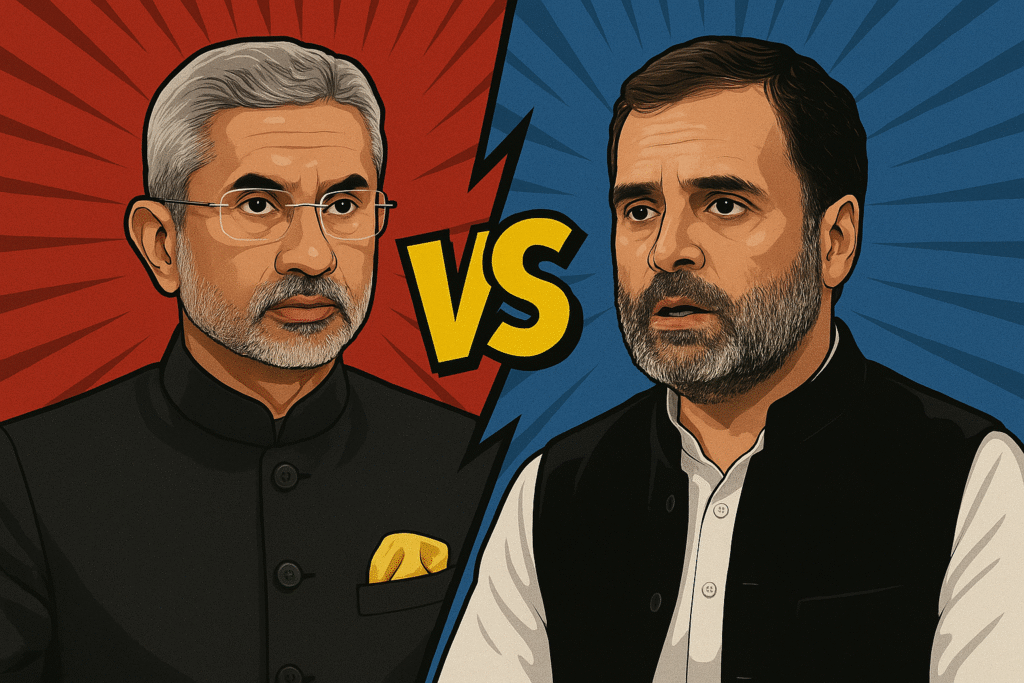Filmmaker calls Sarandos “dumb” for hinting a soap-opera launch would’ve served Netflix India better
Netflix’s first Indian original, Sacred Games (2018), is back in the headlines—but not for its gritty storytelling. Instead, it has triggered an online duel between its co-creator Anurag Kashyap and Netflix co-CEO Ted Sarandos. Appearing on Nikhil Kamath’s WTF podcast, Sarandos mused that launching Netflix-India with the noir thriller “may not have been the smartest first step,” adding that a safer, “saas-bahu–style” serial might have pulled in more subscribers.
Kashyap instantly fired back on X (formerly Twitter), branding Sarandos “the definition of dumb” and mocking the idea of downgrading to formula dramas. His outburst has reignited a simmering debate: should India’s OTT giants chase mass appeal or double down on auteur-driven prestige series that build long-term brand equity?
What Sarandos Said—and Why Kashyap Saw Red
Sarandos told the podcast that while Sacred Games was critically acclaimed, the show’s dark tone and profanity “probably limited our day-one reach compared to a big-tent family drama.” The remark appeared mild—until Kashyap reposted the clip. In a string of fiery posts, he argued that without bold debuts like Sacred Games, Netflix would never have gained street cred in India’s fiercely competitive streaming wars. He reminded Sarandos that the series trended in 190+ countries, bagged International Emmy nominations, and inspired a wave of gritty Indian web thrillers.
Kashyap’s critique goes beyond personal pride. He sees Sarandos’ hindsight as symptomatic of a larger shift: Netflix, once the champion of risky originals such as Mindhunter, is now pivoting toward crowd-pleasers after partnering with Ekta Kapoor’s Balaji Telefilms for soap-style fare. For Kashyap, that strategy sacrifices cultural clout for quick gains—“shooting the golden goose,” as he put it.
What the ‘Sacred Games’ Spat Means for Netflix India’s Content Strategy
The fallout lands at a critical moment. Disney+ Hotstar, Amazon Prime Video, and JioCinema are flooding the market with IPL broadcasts, Hollywood blockbusters, and regional mega-serials. To win average households, Netflix India has cut subscription fees, licensed mainstream comedies, and green-lit soap operas—yet it still trails rivals in total users.
Analysts say prestige shows remain Netflix’s moat with urban millennials and NRIs willing to pay a premium. The platform’s global growth story—from House of Cards to Squid Game—rests on breakout originals that generate buzz far beyond their home countries. Kashyap’s Sacred Games did exactly that, drawing “non-Bollywood” audiences worldwide and proving that Indian long-form noir could match HBO-level production values.
Yet the economics are ruthless. Producing high-end thrillers can cost ₹3–4 crore per episode—triple a conventional soap. For Sarandos, India’s price-sensitive market may justify starter content that hits a broader demo before scaling up risk. Kashyap counters that without prestige anchors, Netflix dilutes its premium positioning and morphs into “just another TV channel.”
The clash crystalises a wider industry tightrope: creative risk vs commercial reach. Disney+ Hotstar struck gold marrying mass-appeal cricket with edgy series like Aarya; Prime Video juggles family comedies (Panchayat) with auteur projects (Suzhal). Viewers, meanwhile, grow savvier—rewarding shows that respect their intelligence and punishing those that underestimate it.
For Netflix, the path forward may be a hybrid slate: soapier comfort food to pad subscriber numbers and festival-ready thrillers to maintain cultural cachet. Whether Sarandos softens or Kashyap storms off to a competitor could shape which vision prevails—and how global streamers court India’s next 100 million viewers.





















